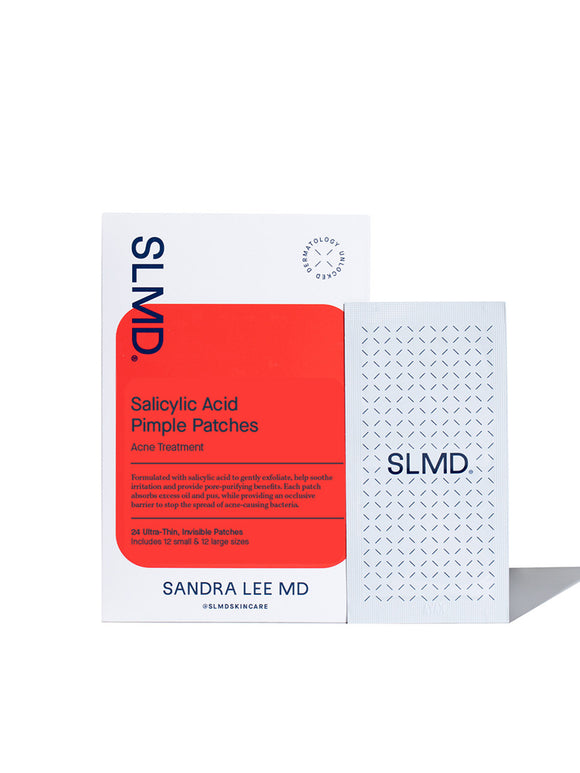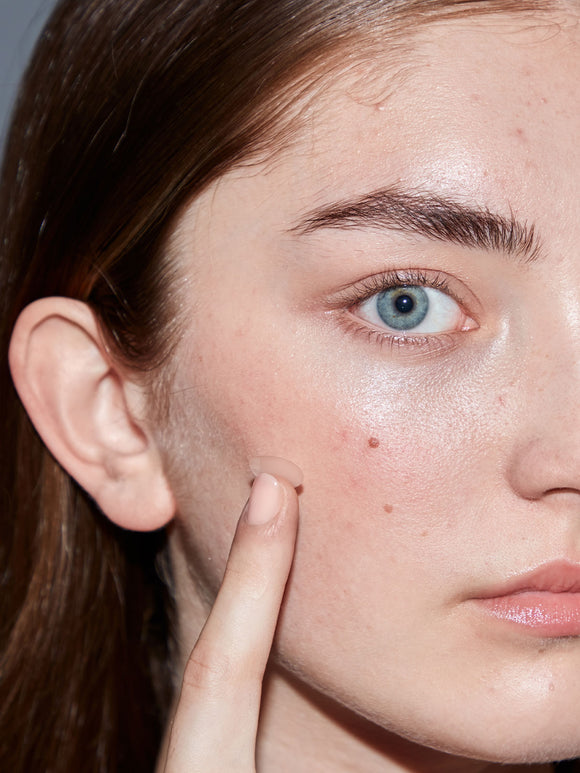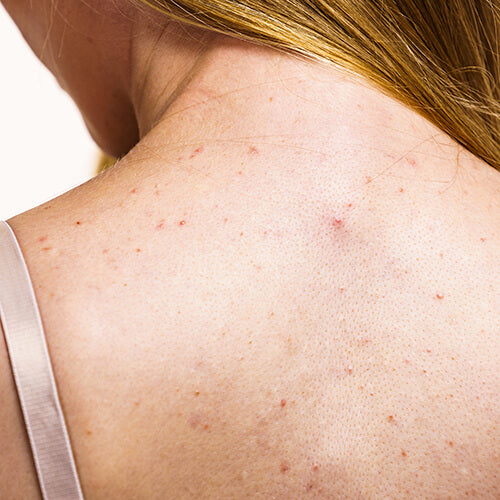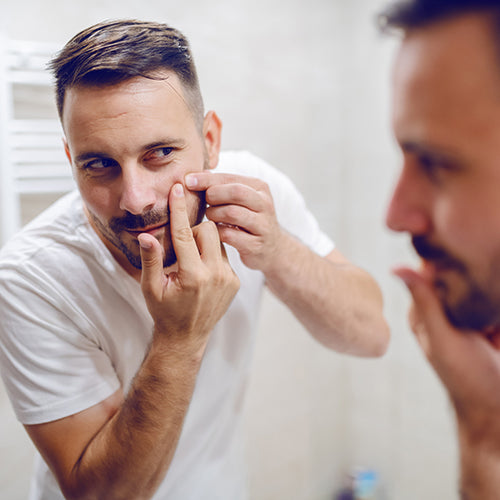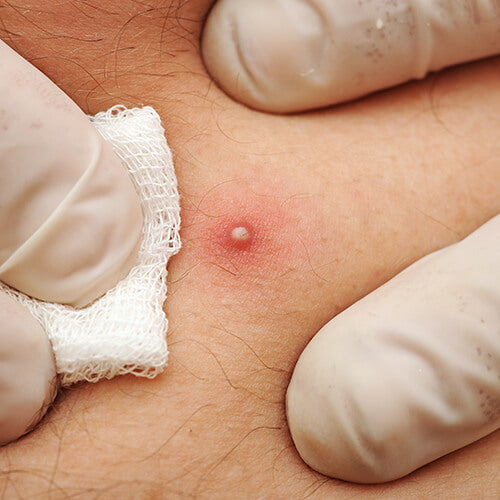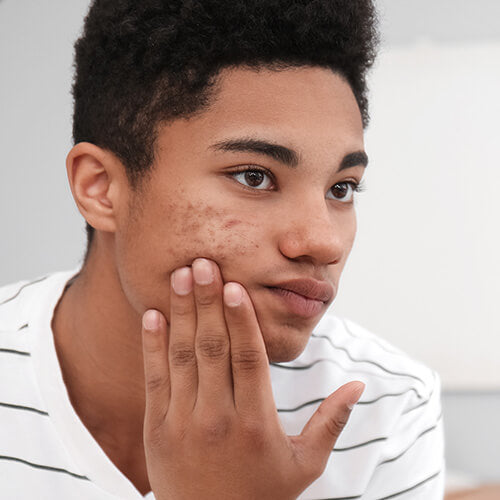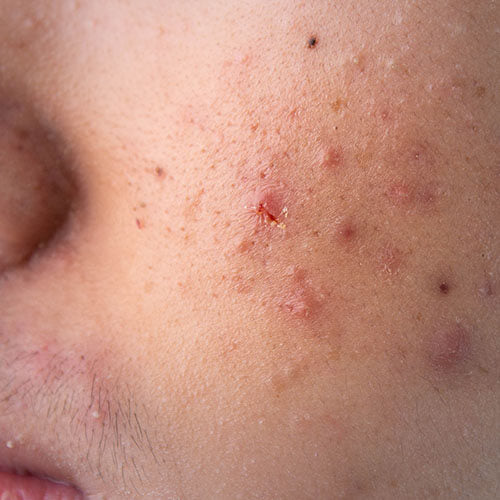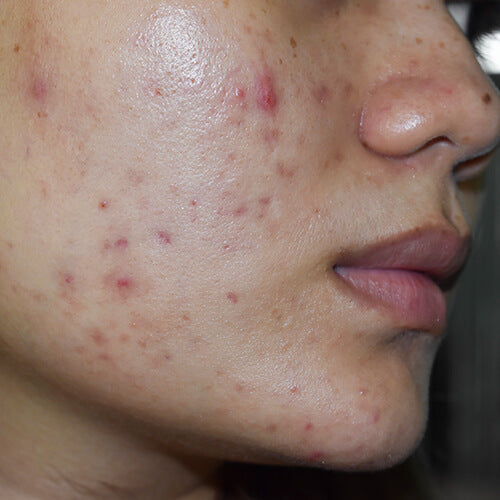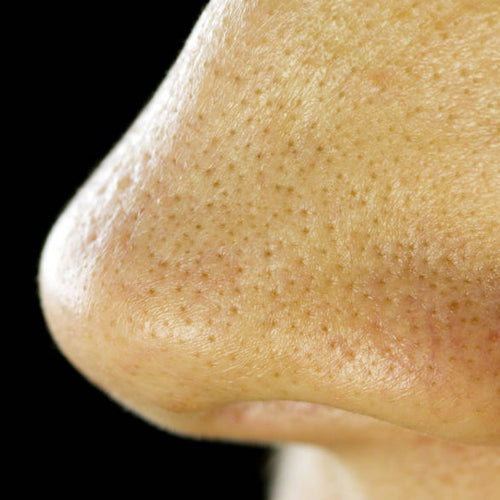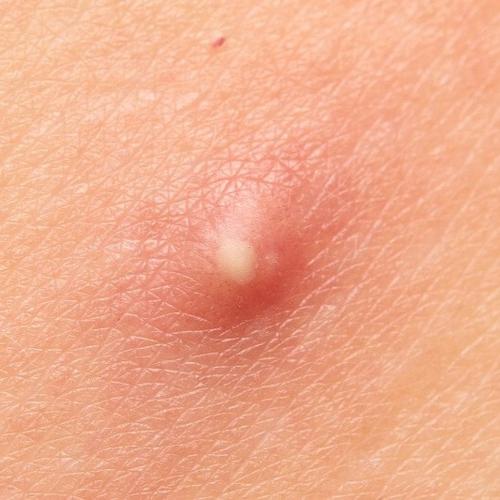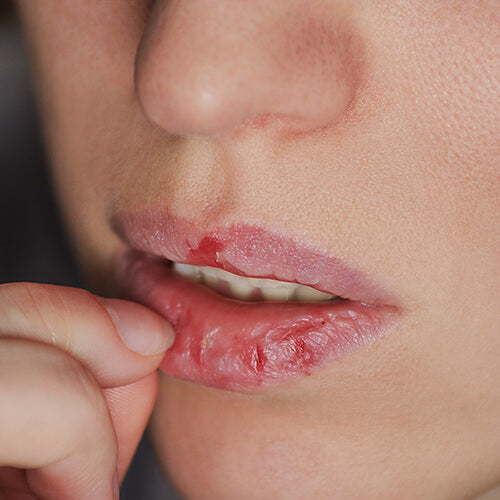
Could You Have Skin-Picking Disorder?
According to dermatologist Dr. Sandra Lee (aka Dr. Pimple Popper), occasional skin picking (though ill-advised) isn’t necessarily a problem — but it can turn into one. We wondered: when is it OK to pick at your skin, and when is it an issue? In other words, how can you tell if you have skin-picking disorder?Published:
3 minute read
We all pick at our skin: whether it’s squeezing blackheads, peeling cuticles, or scratching at a scab — it’s human nature. While the habit can be satisfying in the moment, we’re often left wishing we’d just left it alone.
According to board certified dermatologist Dr. Sandra Lee (aka Dr. Pimple Popper), occasional skin picking (though ill-advised) isn’t necessarily a problem — but it can turn into one. We wondered: when is it OK to pick at your skin, and when is it an issue? In other words, how can you tell the difference between overzealous grooming, and whether you have clinical skin-picking disorder?
Article Quick Links
- What is excoriation disorder?
- What causes skin picking disorder?
- How is dermatillomania diagnosed?
- Is skin picking a problem?
- Dr. Lee’s last word
- Shop the article
What is excoriation disorder?
Clinical skin picking — aka excoriation disorder — is a mental illness classified as a Body-Focused Repetitive Behavior (BFRB) in the Diagnostic and Statistical Manual of Mental Disorders, Fifth Edition (DSM-5). More common in females, it tends to develop during puberty and is estimated to affect between 2-3% of American adults.
Scientists believe that ED, also called dermatillomania, is related to OCD: obsessive compulsive disorder. People with excoriating disorder cannot control their compulsive picking, which is often triggered by anxiety and emotional stress. There are two main types of skin picking:
- Focused: the person is aware of and concentrating on the picking
- Automatic: the person is preoccupied with something else (like watching TV) and picking unconsciously
What causes skin picking disorder?
Scientists aren’t really sure what leads some people to develop dermatillomania. It’s more common in those who have family members with the disorder, which has led researchers to suspect there’s a genetic component. In addition, excoriation disorder is commonly associated with other mental illnesses, including:
- Depression
- Anxiety
- Obsessive-compulsive disorder (OCD)
- Nail-biting
- Trichotillomania (aka hair pulling disorder)
- How do I know if I have dermatillomania?
Chances are, you’ve been unable to resist trying to pop a pimple (or an ingrown hair?) that just wasn’t ready — and ended up with an angry red welt. Or you can remember as a kid, scratching away at a scab until it started bleeding again. Does this mean you have skin picking disorder? Nope.
Clinicians have a very specific set of criteria for diagnosing compulsive mental illnesses like excoriation disorder. The most important part is that compulsion factor: when you have skin picking disorder, you really can’t stop yourself from picking, no matter how much damage results. The most common areas involved include:
- Face
- Scalp
- Lips
- Arms
- Fingernails
How is dermatillomania diagnosed?
It’s important to note that dermatillomania is distinct from mental illness that leads to purposeful self-harm, or medication-induced discomfort, or a clinical skin condition like eczema. Clinicians typically base a diagnosis of excoriation disorder on a number of characteristics:
- A fixation on real or perceived skin imperfections
- Picking, scratching, squeezing, rubbing skin, often to the point of injury
- Prevalence of skin infections, skin lesions, tissue damage and scarring
- Inability to stop the behavior/return of behavior in spite of intervention
- Disruption in normal life
- Concealing skin damage with bandages, clothing, makeup
- Social isolation
- Emotional distress
If you or someone you know meets these criteria, it’s best to consult with a dermatologist and a mental health professional for an evaluation. There are behavioral therapy and prescription drug options available to treat excoriation disorder.
Is skin picking a problem?
Maybe you don’t have dermatillomania — but you do sometimes feel like you just can’t keep your hands away from a tempting pimple, or that peeling sunburn. To prevent unnecessary inflammation or even scarring, it’s best to just let your skin do its thing. To encourage healing, Dr. Lee says not to pick, squeeze or pop your pimples. It usually makes them worse, and can even cause scarring. Protect and heal them with Salicylic Acid Pimple Patches, clear acne patches loaded with salicylic acid.
Dr. Lee’s last word
I’m a realist: I know people are going to pop their pimples, or pick at their peeling skin. As a dermatologist, I have to say that this can definitely lead to problems. But usually, it’s not terribly harmful. Excoriation disorder, however, is a serious mental health issue that affects not just a person’s skin health, but their overall well-being. Please reach out to a doctor if you, or someone you know, is struggling.
— Dr. Sandra Lee



